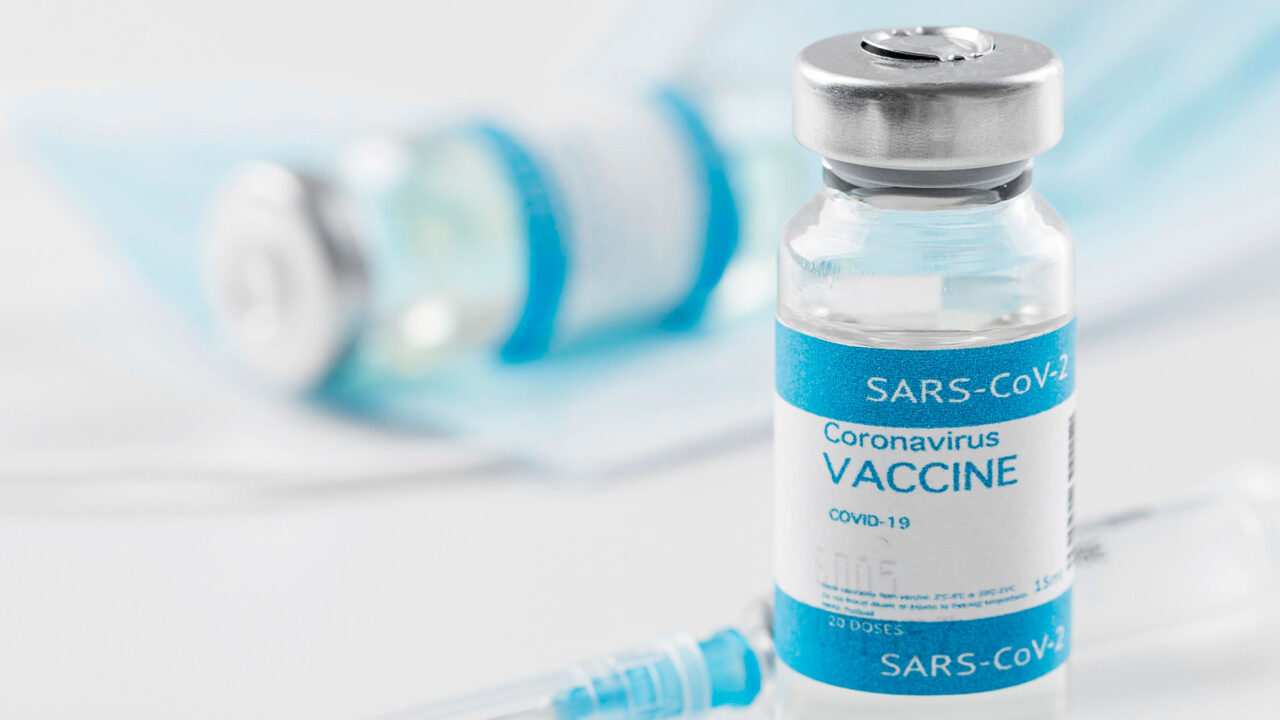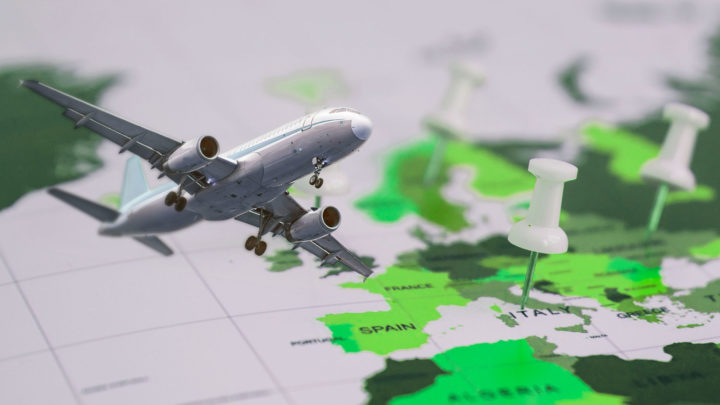UPDATE 2021-04-16: This post now includes recent related announcements in regards to tourism in the Maldives.
The worldwide approval, manufacture and distribution of several vaccines against coronavirus disease 2019 or COVID-19 offers some much-needed hope. However, vaccination rates aren’t moving along fast enough in many countries, which raises the anxiety of their socially distanced residents. These factors, together with the critical state in which the pandemic has left the travel industry, leave the door open to the vaccine tourism phenomenon.
What is COVID-19 Vaccine Tourism?
As the term implies, vaccine tourism refers to the possibility of traveling to another territory or country for the purpose of receiving a vaccine, which in this case would be against COVID-19. The concept stems from health tourism, where people travel abroad to receive and recover from surgery or some other medical treatment.
Vaccine tourism is growing in popularity as an idea among those able to travel long distances in order to protect themselves against the coronavirus. North Americans, for example, are traveling from their own states to places like Florida and the Virgin Islands to get their shots faster.
Certain countries have even considered opening their borders to receive vaccine tourists from abroad, Deutsche Welle (DW) reports. Cuba has a tradition of health tourism for foreigners. Soon visitors “will have the option, if they want, to get vaccinated in Cuba” with Soberana 02, says Vicente Vérez of Cuba’s Finlay Vaccine Institute. Companies in India are collecting data from potential customers to provide them with vaccination tourism packages when the time is right. Even the official Twitter account for Sputnik V, the vaccine developed in Russia, has been toying with the idea in order to gauge public opinion on the matter.
Current State of the Pandemic
More than a year after the pandemic hit, the global health situation is gradually improving. To date, Chile has managed to fully inoculate a quarter of its population. New York, Florida, New Jersey, and other United States territories began vaccinating their residents age 16 and older. Immunologist Anthony Fauci, chief medical adviser for the White House, predicted the pandemic will end in his country between summer and fall. Israel is inching ever closer towards reaching herd immunity, according to local experts.
Despite these advances in the fight against COVID-19, many nations remain oversaturated with COVID-19 cases due to new waves caused by mutated strains of the virus. The United States, Brazil and India still top the charts in number of infections and deaths. Brazil’s healthcare system, in particular, is on the brink of collapse, most notably in the city of Sao Paulo. Argentina implemented a second phase of restrictions to counteract its own rise in infections. Among them, President Alberto Fernández, who had already received his second dose of Sputnik V.
Given the delicate situation in these and other places, the idea of taking a trip to get vaccinated in advance seems attractive enough.
Vaccine Tourism Criticisms and Controversies
The downside lies in the controversies and ethical issues to consider about traveling for vaccines during a global pandemic. The main argument against vaccine tourism? Giving an out-of-towner a vaccine means taking it from a local resident, who must then wait for his chance at immunity.
Several public figures have already suffered nasty consequences because of vaccine tourism. Ginés González, the former Argentine health minister, resigned after facilitating COVID-19 vaccinations to officials, acquaintances and local celebrities ahead of their turn. Peruvian economist Hernando De Soto traveled to Texas in the United States and got his vaccine early because “friends came and offered it to me.” His candidacy for the presidency of his country has been put at risk because of his admission.
Similar actions by celebrities in several Latin American countries, who also traveled abroad to get vaccinated, have also provoked negative reactions from the public. The rumor regarding an alleged service that flew wealthy people from England to Dubai in the United Arab Emirates to get vaccinated caused an uproar in the United Kingdom.
Florida, one of several destinations accused of giving vaccines to foreigners, took steps to avoid further controversy. Dr. Scott Rivkees, Florida’s Surgeon General, ordered all vaccine suppliers to demand proof of residence for those seeking to be inoculated. “Vaccine tourism is not permitted,” said Jared Moskowitz, State Emergency Director. “It is abhorrent, people should not be flying here to get a vaccine and flying out.” Moskowitz later announced he would step down from his position in a “gradual transition” over family matters.
Hope for Change
Every individual has the right to receive the COVID-19 vaccine free of charge, whichever version it may be. Comparing existing vaccines against each other is irrelevant. Although none offer total immunity to the disease, all are effective in preventing severe symptoms and even death.
It is imperative that we respect the vaccination rollout plan determined by each of our local governments. This protects the elderly, high risk groups, essential personnel, and the most vulnerable among us until the pandemic comes to an end.
Likewise, we should not ignore the opportunity behind this demand for vaccine tourism. Despite rumors of preferential vaccination, United Arab Emirates representatives assure that Dubai has the pandemic under control. In addition, the city plans to use its success against COVID-19 to revive tourism.
In addition, the Maldives also intend to officially open their doors for vaccine tourism. Abdulla Mausoom, the country’s minister for tourism, announced his “3V Tourism” plan, which will offer “Visit, Vaccinate and Vacation” packages to the Maldives as soon as the majority of its population gets inoculated. Mausoom confirmed that 53 percent of Maldives residents have already been vaccinated.
The Promise Behind Vaccine Tourism
And why not? Hopefully, the most vulnerable segments of the population in each country will soon be vaccinated and protected. Afterwards, millions of people around the world will remain, most of them with modest resources. Many of them, however, would still be willing to pay for a vacation package that includes their double dose of COVID-19 vaccine. Destinations such as Cuba and the Dominican Republic already include both popular tourist attractions and health tourism facilities. Why not also provide “beaches, cocktails, and vaccines” to their visitors?
Vaccination tourism measures, when prudent, would also help laboratories and institutions such as Pfizer, Sinovac Biotech, Oxford-AstraZeneca, Moderna, Johnson & Johnson, the Russian Direct Investment Fund (RDIF) and many others. Yes, most are private businesses that charge governments for their product. Despite this, they have invested time and money in developing, safety-checking, and producing COVID-19 vaccines to meet the demand. There will always be people willing to pay for their doses. The extra revenue could be reinvested so that the vaccine reaches those who cannot afford it.
Perhaps the two main reasons for promoting vaccine tourism, when the right time comes, are that it would allow the global population to quickly reach the goal of herd immunity needed to eradicate COVID-19, while at the same time reviving the tourism industry around the world.
(Image: Freepik.)




